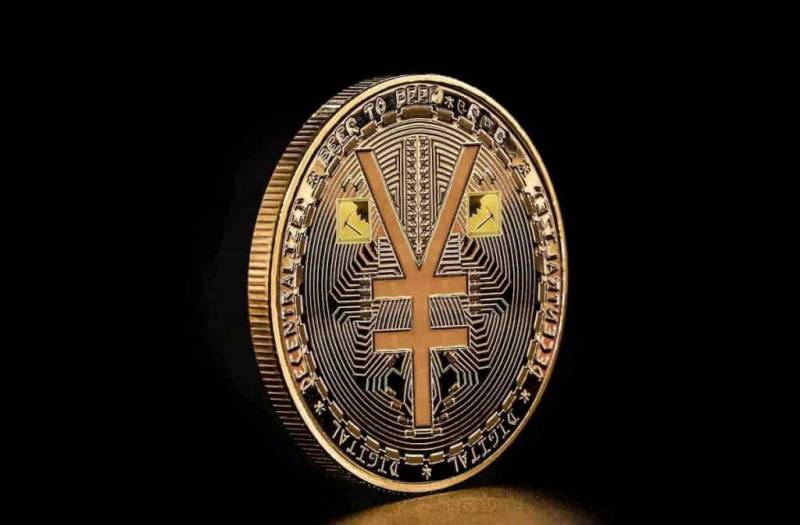While speaking during the Berkshire Hathaway Annual Shareholder meeting, Buffett rationalized Bitcoin’s lack of tangible value while referencing how sectors like agriculture and real estate have more tangible returns, unlike Bitcoin. He stressed that even if he is offered all the Bitcoin for the cheapest price, he would likely sell it back given the asset’s lack of utility.
“Now if you told me you own all of the bitcoin in the world and you offered it to me for $25 I wouldn’t take it because what would I do with it? I’d have to sell it back to you one way or another. It isn’t going to do anything. The apartments are going to produce rent and the farms are going to produce food,” said Buffett.
Furthermore, Buffett appeared to question Bitcoin’s origin as a product of an individual, Satoshi Nakamoto, who remains anonymous. Despite Bitcoin increasingly being utilized as a form of payment, Buffett noted that although more digital financial assets would come up, the dollar remains the real money.
Over the years, Buffett has consistently maintained a hostile stand on Bitcoin, at some point, terming the number one ranked digital currency as ‘rat poison. On the other hand, Buffett’s assistant Charlie Munger said Bitcoin is ‘stupid’, and ‘evil’ attributes he said make America look bad
Besides Saylor, other crypto enthusiasts have called out Buffett for his stand on Bitcoin, with lightning-rod venture capitalist Peter Thiel joining the list.
Recently, Thiel ranked Buffett on top of the crypto ‘enemy list,’ referring to him as “sociopathic grandpa.”
Shenzhen, China’s third most populous city is one of the initial pilot cities for the e-CNY, and has seen the Chinese government distribute digital yuan on a number of occasions now.
Residents of Shenzhen will receive a total of 10 million digital yuan from the government in October 2020. When they were first introduced, the red packets could only be redeemed at 3,389 specially designated establishments in the Luohu district.
China’s central bank said earlier this month that it will be expanding the number of cities where its digital currency would be tested.
The digital yuan is also being tested in other cities, including Shanghai, Suzhou, Xiong’an, Chengdu, Hainan, Changsha, Xi’an, Qingdao, Dalian, Tianjin, Chongqing, Guangzhou, and Xiamen.
In accordance with the most recent statistics from the Chinese central bank, there were 261 million unique users of the digital yuan by the end of 2021. Additionally, e-CNY has been used to complete transactions totaling more than 87.5 billion yuan ($13.8 billion) in value.




